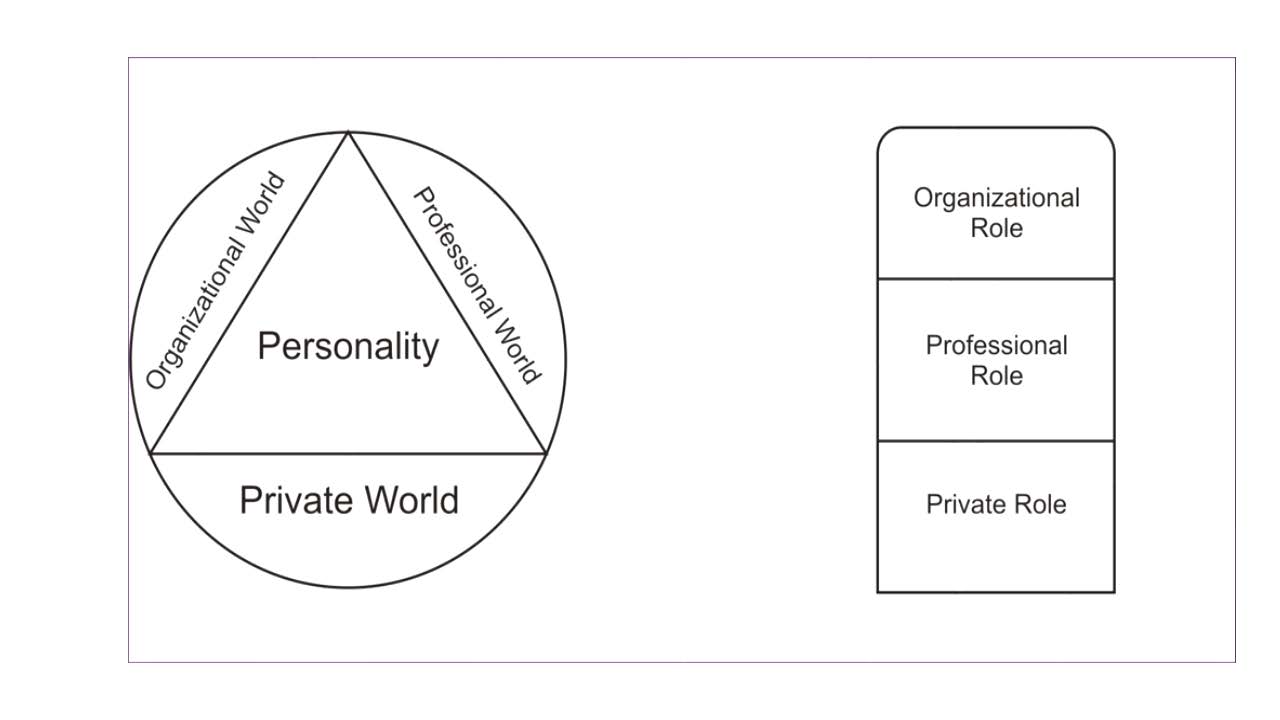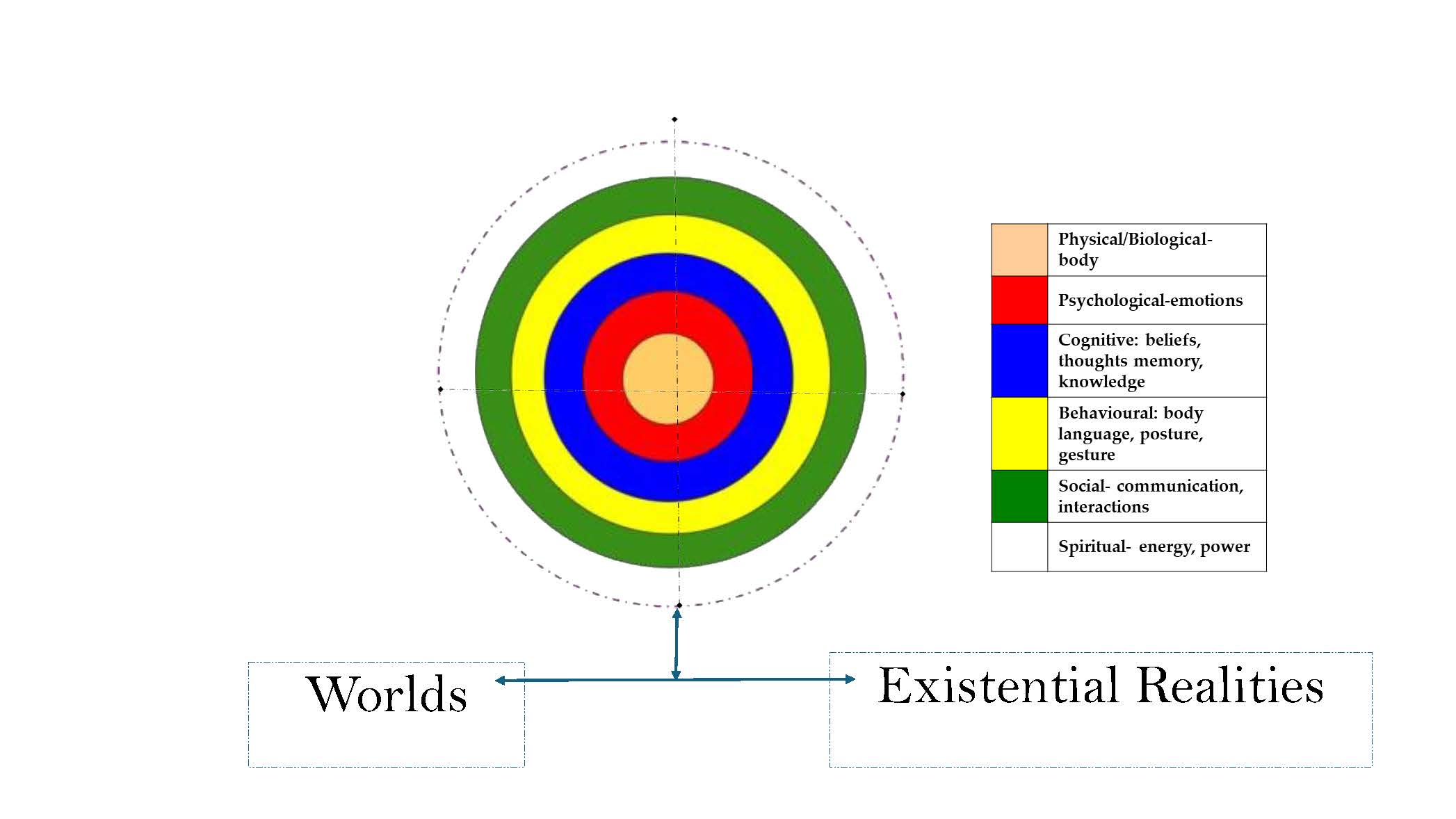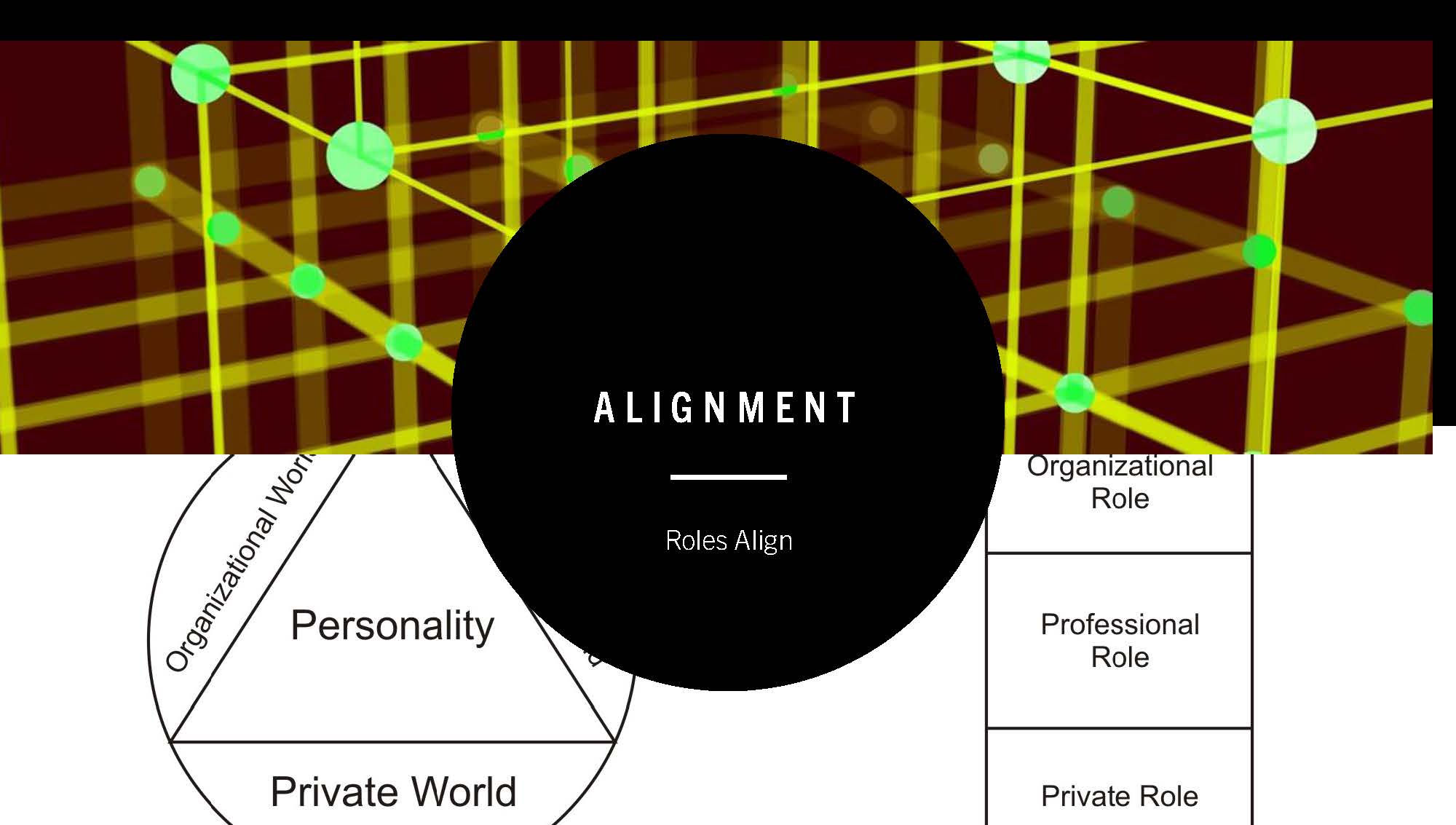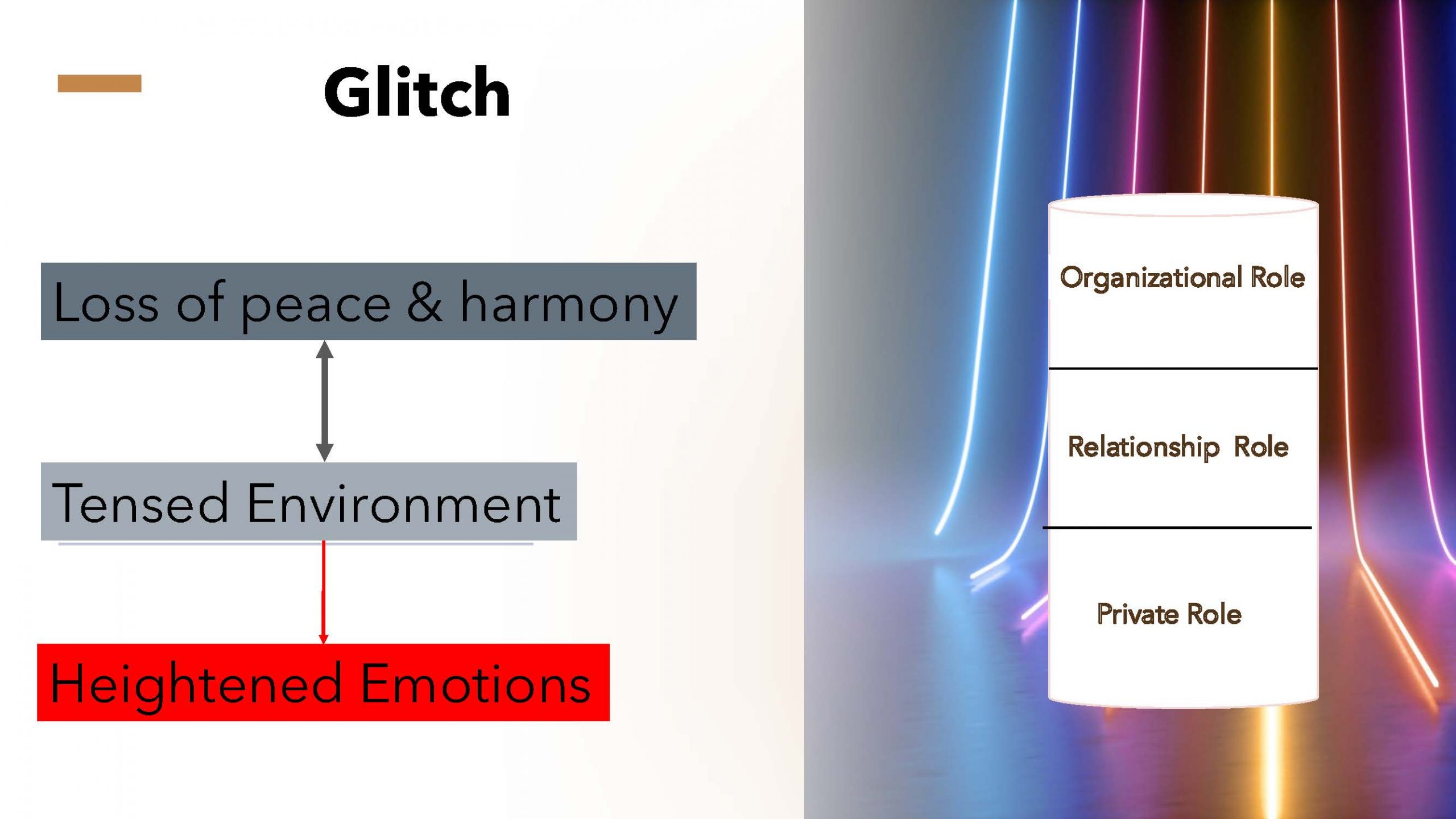Roles Contd. 3
Dear Readers, Welcome to SC Musings, Blog 23,
We witnessed the ‘bundle of roles’ we play in Blog 22 using Ratan Tata as a case-study. In this Blog 23, we go beyond definition to understanding how we play these roles and how they contribute to our personality. In simple terms it may be said that we play and shape our roles and roles play and shape us.
Let us begin with Schmid’s (2007) application of roles for development of organisations to guide us in uncovering the complexity of roles.

Schmid postulates that we, that is our personality exists in 3 worlds, namely
- Private world
- Professional world &
- Organisational world.
Our private world is our private space where we have our personal experiences, founded on our values, beliefs, thoughts and feelings.
Skills, competencies, education and training form our professional world.
Our organisational world consists of the position we occupy in an organisation.
To summarise, worlds contain existential realities which contribute to our personality. Existential realities here refer to the physical, psychological, cognitive, behavioural, social and spiritual dimensions and layers which make up our worlds. And here, we come back to NG’s Holistic model.

The three worlds encompass personality and result in Private, Professional and Organisational roles respectively as shown in Figure 23.1. When belonging to more than one organisation, we have a ‘bundle of roles’, which ultimately culminate in a role network.
After introducing Schmid’s 3 worlds and roles, Figure 23.1., I move on to elucidating these concepts using self as a case study. I begin with my role as CEO in Nitya Gurukula, a social enterprise.
The theme of human dignity and empowerment is the basis of my private world. This theme fosters compassion, integrity, justice and seeking excellence and continuous evolution in being, doing and delivering.
Professionally, I have the skills and competencies to connect with and make a difference in peoples lives, acquired through training, experience and also by continuous upgradation through training, reflecting etc.
Initially, my organisational world was small- because I focused on day to day activities, ensuring quality of our services. However, in the past 2 plus years, the question of sustainability of Nitya Gurukula impelled me to bring changes in my attitude, thinking, feeling and perspectives of reality and relationships in Nitya Gurukula.
These shifts in turn, continue to expand my organisational world, which has enhanced the working of NG Team. They are now individually and collectively more confident in achieving their goals, communicating their needs and working independently and interdependently.
International Taichi Conference, ITCC 2024 gave us the impetus for growing beyond boundaries in our organisational roles.
Thus, my roles, private, professional and organisational are largely aligned in Nitya Gurukula. Feedback loops and supervision, helps us maintain the coherence and integrity of our roles- I am using the pluralistic we here because the NG team is moving towards this alignment.

I am moving into another context. Every context is a system- an organisation of space, time and entities with a purpose, which holds and keeps the system functioning. And there are multiple contexts we exist in- like home, work, social networks like clubs, religious gatherings and the list is endless.
I was in Shirdi this week, on a bi yearly pilgrimage where I wind down completely and recharge – the place, the temple, the persons and the hotel envelopes and soothes me.
However, there is a glitch I encountered on every visit.
Inside the temple, I participate in the general darshan, at least once on every visit. Long waits, queues, tempered with religious fervour, make this an intense, and at times a torturous experience. Intense, because I become one with the many, torturous due to the pushing and pulling in different directions. Individuals trying to go past the ones in front, and the scare of falling or losing my hand bag, makes me lose it. I push back, glaring at the rule-breaking ones, in an attempt to discipline them.
Using the role concept, let us now look at this glitch.
Shirdi is the context here-consisting of the temple, the attendant governing bodies, pilgrims across socio economic levels, and the surrounding support systems like hotels, restaurants, shops etc. etc. On a day, there are about 60 k footfalls and during festivals it might cross 1 lakh a day.
I am a pilgrim, one of the many thousands visiting- and this would be my relationship role, which I am substituting for the professional role. In my private role, I have a deep faith in the powers above (which manifest through Shirdi Sai) to protect and nurture me, family, NG and all I know closely, and in a distance. The glitch I sensed as a sudden rush within, which explodes as anger, frustration, coming out with force as a glaring expression, and at times as sharp words to follow rules. This outbreak within and outside is followed by extreme discomfort, shame and guilt, which could last for hours.

Retracing my experience of shame and guilt, which were triggered by my private role wanting justice, which also has compassion, I sensed the sudden gush of emotions due to my lack of clarity in my relationship role. As a pilgrim, I am in the temple to imbibe positivity, grace and blessings of the divine. Sudden eruptions within, which burst out as controlling behavior is uncalled for, and unnecessary in this context. Because, heightened emotions create tensed environments, resulting in loss of peace and harmony Figure 23.4.
On this visit, I committed to being a pilgrim and enjoying the experience. And of course, I had this immense peace and more fill me.
Conflict between and within roles happen, often without awareness, and is often identified as ‘this is me’ or ‘this is my nature’.
Schmid talks about role competence, which we will discuss in Blog 24.
Dear Reader,
I am inviting you to view your roles and glitches- glance through them…
Looking forward to seeing you in a fortnight
